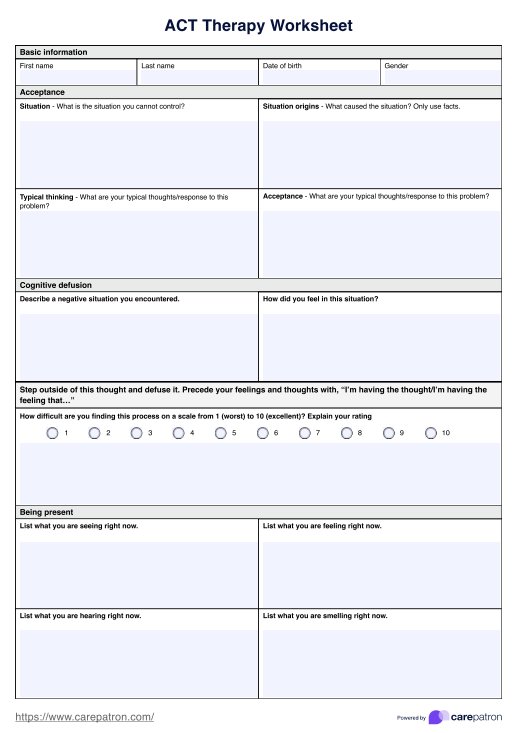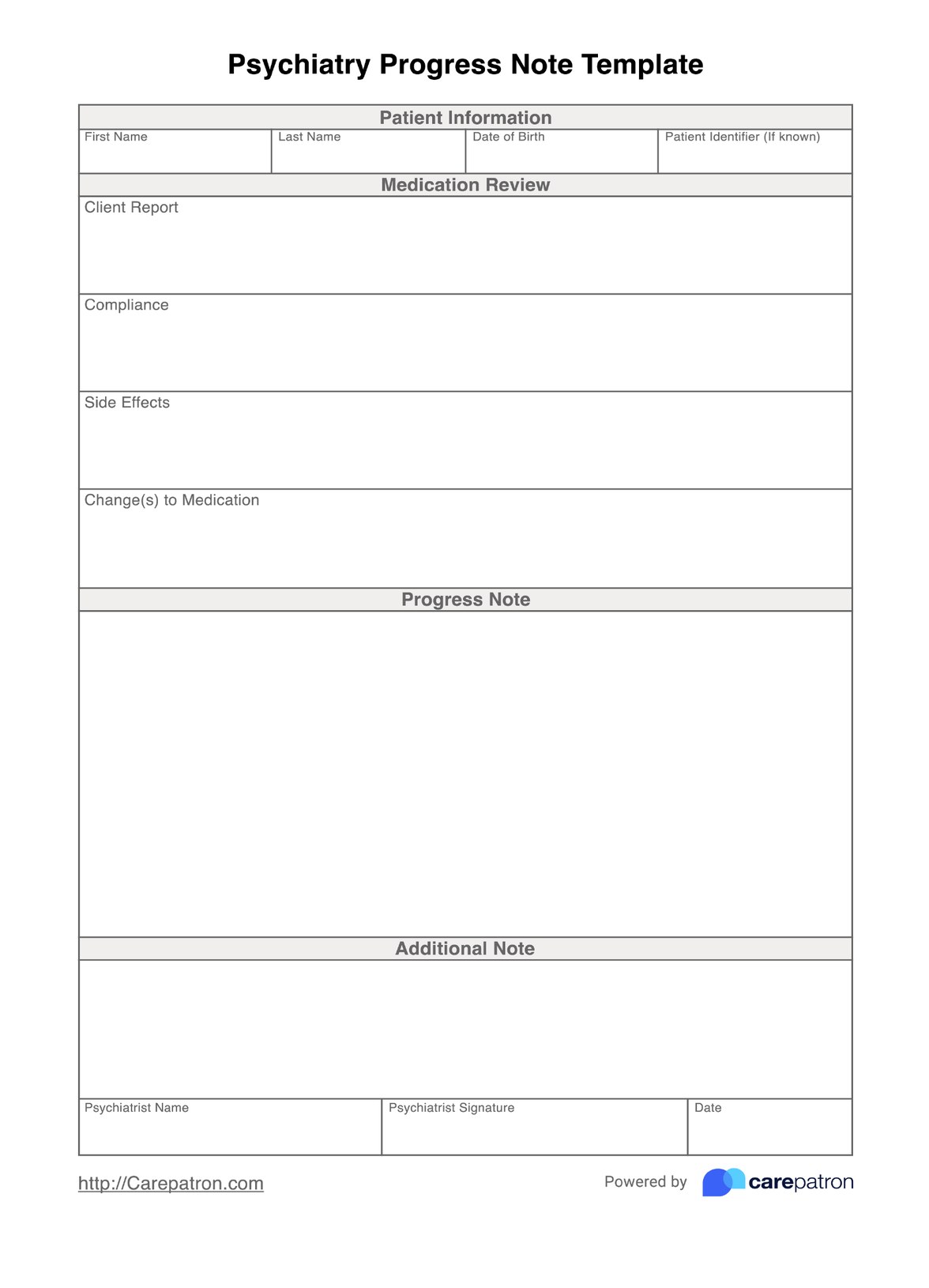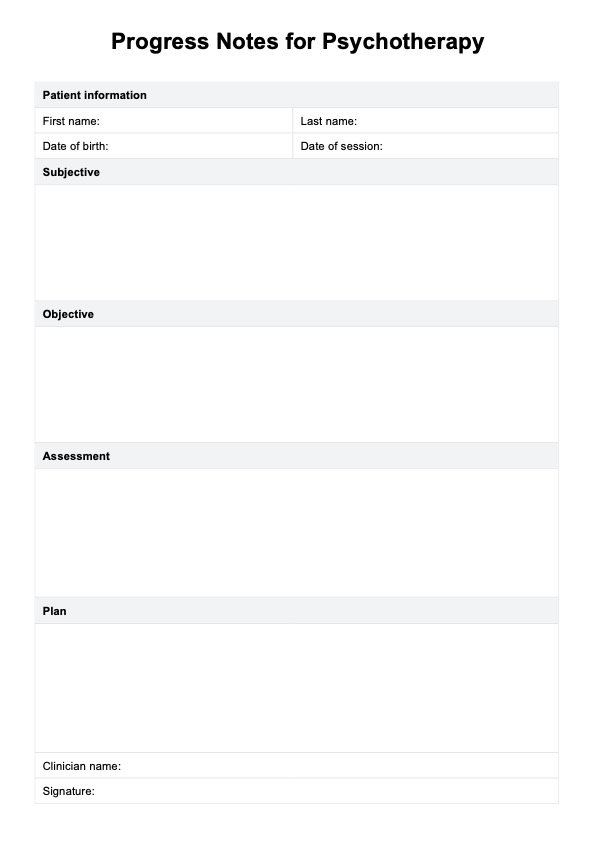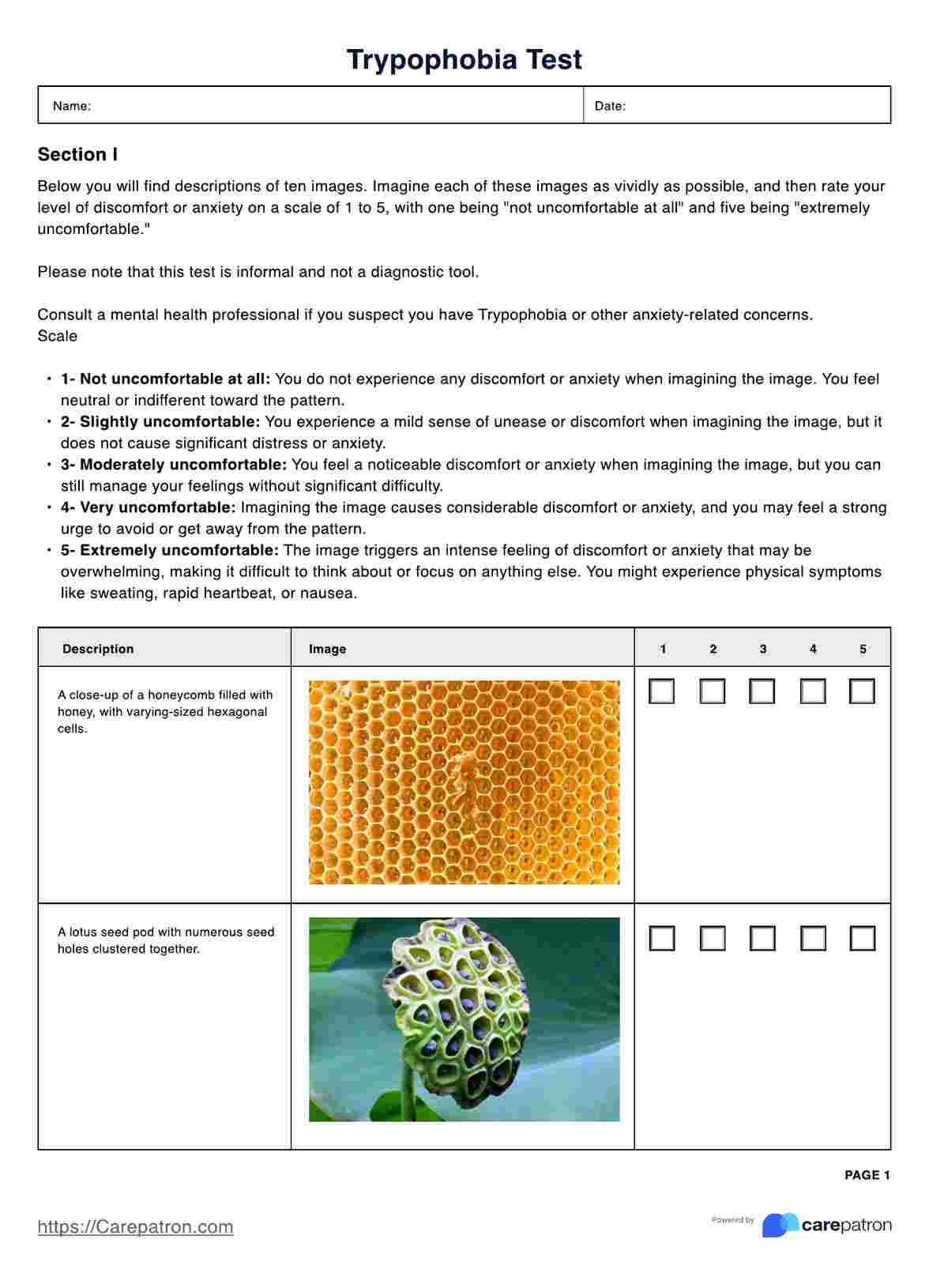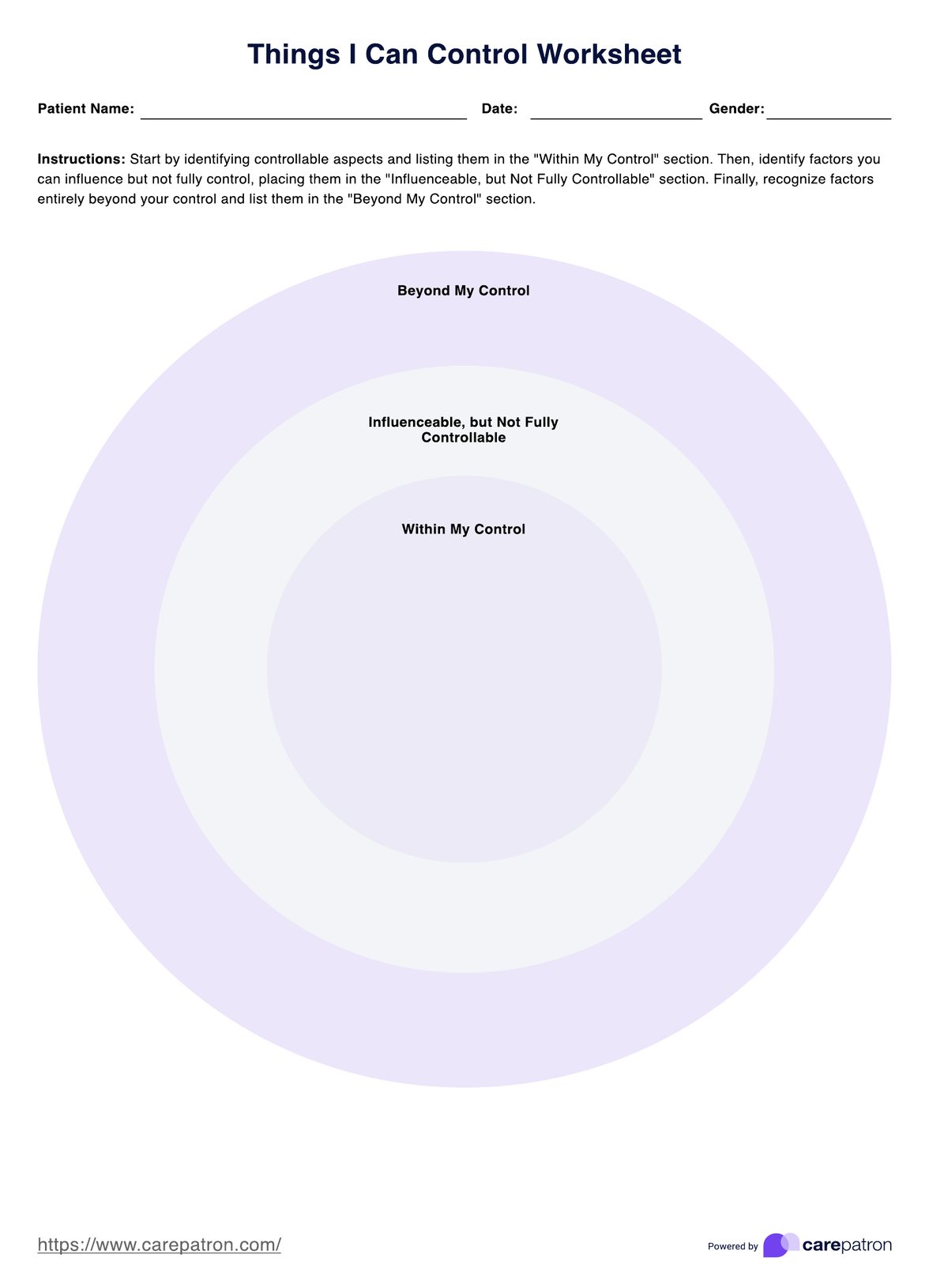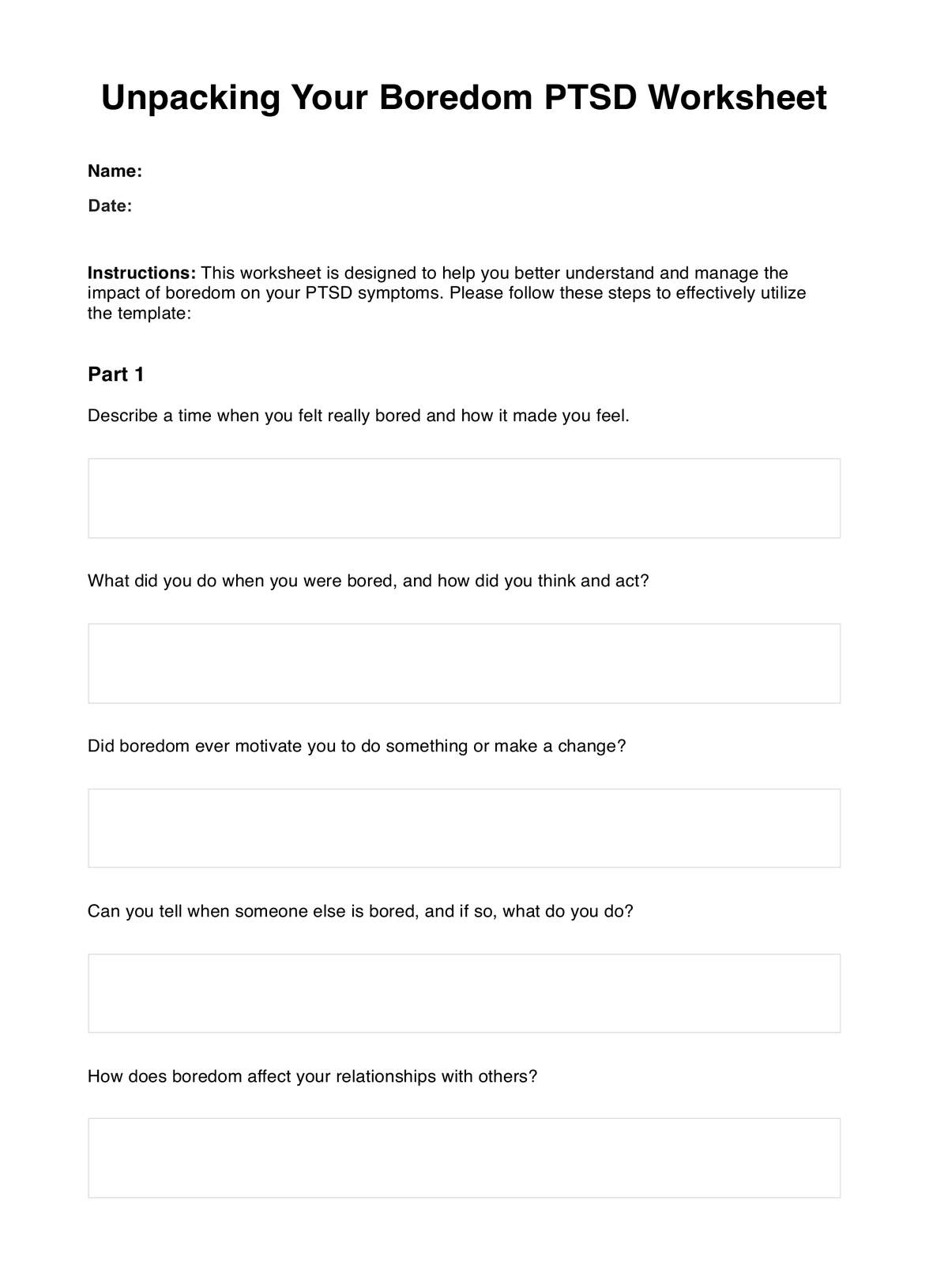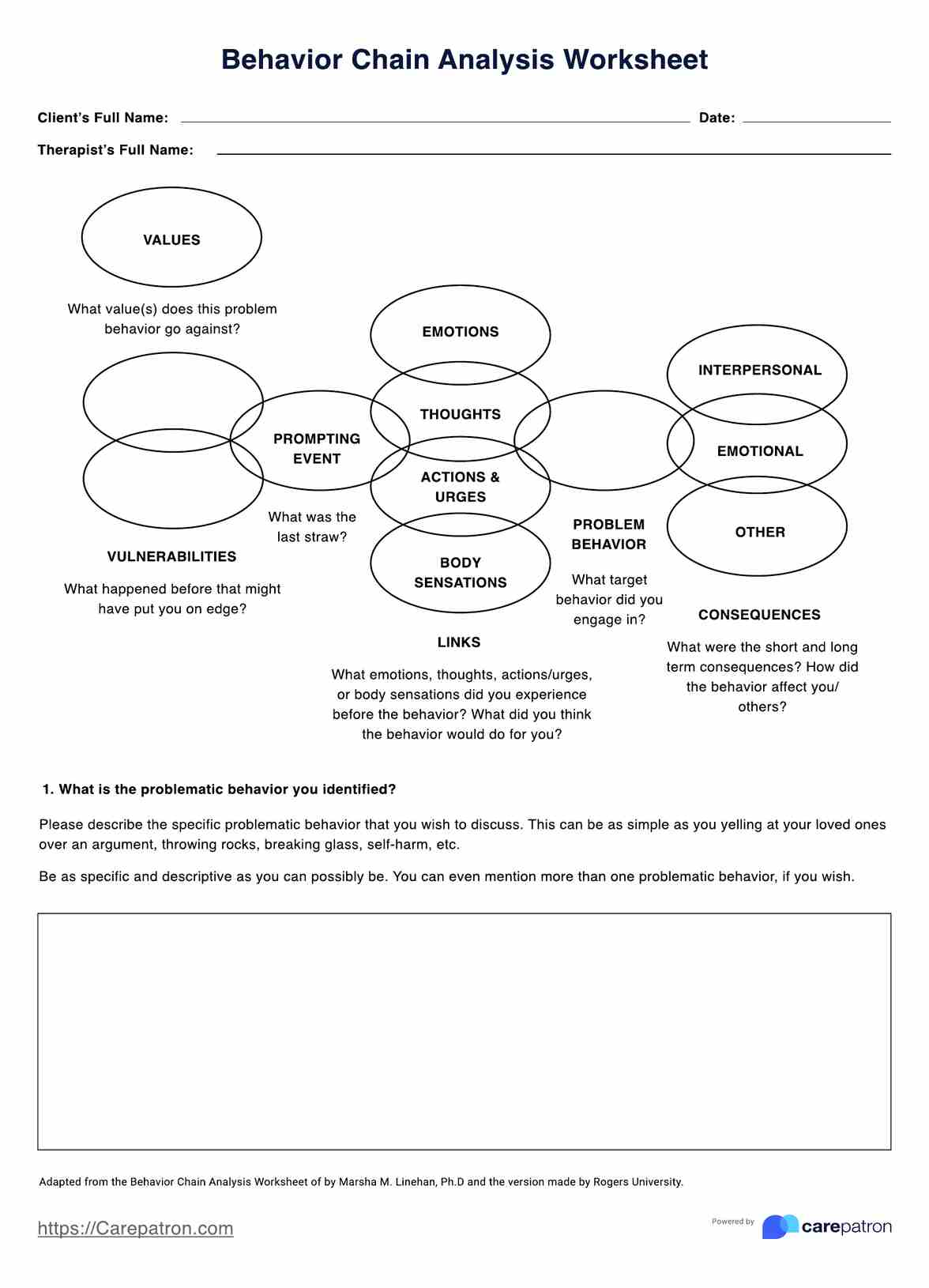Interpersonal Therapy Techniques PDF
Download a handout for Interpersonal Therapy Techniques. Get a free PDF resource you can use as a reference.


Introducing interpersonal therapy
At its core, interpersonal therapy (IPT) seeks to navigate the complex terrain of interpersonal relationships, acknowledging their impact on mental health. The therapeutic approach is grounded in the premise that our interactions with others significantly shape our emotional experiences. By employing appropriate techniques within psychotherapy, IPT aims to empower individuals to navigate the nuances of interpersonal relationships, fostering an environment conducive to working towards maintaining healthy relationships.
Previous research findings have found that good interpersonal relationships work to provide overall satisfaction and improvement in general well-being for individuals, which is linked to reducing depressive symptoms and other symptoms (Pietromonaco & Collins, 2017).
Interpersonal psychotherapy is vital because the quality of our relationships can directly impact mental health. IPT can also provide a structured framework to address challenges such as role transitions, unresolved grief, or interpersonal deficits. By focusing on healthy relationships, IPT guides individuals toward improved mental well-being.
Interpersonal Therapy Techniques PDF Template
Interpersonal Therapy Techniques PDF Example
How does this Interpersonal Therapy Techniques PDF work?
We've gone ahead and created a simple step-by-step guide to using the Individual Therapy Techniques PDF:
Step 1: Access the PDF
Click on 'Download' to access the Interpersonal Therapy Techniques PDF. You can also access the template from this guide. Click "Use template" to open it within the Carepatron app, where you can customize this tool and browse other therapy worksheets you can use in your practice.
Step 2: Familiarize yourself with the material
The PDF template serves as a comprehensive guide for implementing various therapy activities tailored to the needs of individuals interested in interpersonal therapy techniques. It includes a variety of techniques, each accompanied by an example of implementation.
Step 3: Customize for individual needs
A key characteristic of interpersonal therapy techniques is that they are personalized. You may customize each of the techniques to suit the client. You can work with them to decide on important factors and difficulties they may face during each activity.
Step 4: Store this PDF
Finally, you can store this PDF in your Carepatron app or within your clinical setting for future reference. This can help you frequently revise the resource for a comprehensive understanding. Considering different types of interpersonal therapy techniques, you can decide to use it as a handout for clients.
What are interpersonal therapy techniques?
IPT can be utilized in different fields and contexts, including clinical psychology and occupational psychology practices. It employs various techniques to navigate the complexities of human connection, address interpersonal conflicts, and foster emotional well-being.
Role-playing
Practical application is key in IPT, where role-playing exercises help clients practice new communication strategies. Feedback and guidance enhance interpersonal skills, ensuring real-world effectiveness. Role-playing can be helpful for those who may be experiencing major depressive disorders or anxiety disorders to support the overall function of their relationships.
Exploration of emotions
IPT encourages a deep dive into emotional experiences within relationships. Understanding the connection between emotions and interpersonal dynamics is crucial for promoting lasting positive change within the interpersonal context.
Communication analysis
Recognizing the pivotal role communication plays in relationships, IPT involves analyzing communication patterns. By identifying barriers and fostering open dialogue, individuals learn to express emotions effectively.
Encouragement of affective expression
Recognizing the importance of expressing emotions, therapists in IPT foster an environment where clients feel safe sharing their feelings. This can support individuals who may be living with major depression (or other mental health difficulties) and have a difficult time expressing emotions to their peers. This step is pivotal for addressing interpersonal stress and fostering emotional openness.
Problem-solving
Collaborative problem-solving is a cornerstone of IPT. It involves identifying specific issues, setting realistic goals, and developing actionable plans. This structured approach empowers individuals to address challenges systematically.
Other techniques
There are various other interpersonal therapy techniques that therapists can utilize in their sessions with clients. This is not an exhaustive list. For example, practitioners may use metacognitive interpersonal therapy, an interpersonal relationships worksheet, and similar worksheets to support balance. The interpersonal parenting tips worksheet, a component of IPT, is another practical tool for parents navigating the complexities of family relationships—you can find this worksheet by clicking here.
The benefits of interpersonal therapy techniques
Navigating the complexities of relationship problems can be challenging. However, as a therapist-guided approach, IPT provides a comprehensive guide to addressing relationship challenges, promising transformative benefits beyond the therapy room.
Improved communication skills
IPT equips individuals with enhanced communication techniques, empowering them to articulate emotions and needs effectively. This newfound skill transforms not only immediate relationships but also lays the groundwork for improved interactions in the future.
Effective resolution of relationship problems
The collaborative nature of IPT, involving both the client and therapist, ensures a targeted approach to addressing relationship problems. By identifying and working through conflicts, individuals experience a tangible improvement in the quality of their relationships.
Alleviation of anxiety and depression
IPT's efficacy in addressing relationship-related anxiety and depression is noteworthy. By providing a structured framework to explore emotions and interpersonal dynamics, individuals often experience a reduction in symptoms associated with these mental health challenges.
Enhanced quality of interpersonal relationships
IPT is tailored to bolster the quality of interpersonal relationships. Whether addressing role disputes, grief, or deficits, the techniques foster healthier connections, leading to more fulfilling and supportive relationships.
Empowerment for future challenges
The skills acquired through IPT extend beyond the therapy setting, empowering individuals to navigate future challenges independently. This proactive approach equips clients with the tools to face life's complexities with resilience and confidence.
In conclusion, interpersonal therapy techniques offer a lifeline for those grappling with relationship problems. They provide a therapist-guided journey toward improved communication, emotional well-being, and the cultivation of fulfilling connections. The transformative benefits ripple through various facets of a client's life, paving the way for a future marked by resilience and enriched interpersonal relationships.
Reference
Pietromonaco, P. R., & Collins, N. L. (2017). Interpersonal mechanisms linking close relationships to health. The American Psychologist, 72(6), 531–542. https://doi.org/10.1037/amp0000129
Commonly asked questions
IPT is generally a short-term therapy lasting between 12 to 16 sessions. However, the duration can be adjusted based on individual needs and progress.
Yes, interpersonal therapy has shown effectiveness in addressing anxiety disorders, especially when rooted in interpersonal relationships. By improving communication and navigating relationship challenges, IPT contributes to anxiety symptom reduction.
IPT focuses specifically on interpersonal relationships and their impact on mental health. While other psychotherapies may have broader scopes, IPT's targeted approach makes it distinctive in addressing interpersonal conflicts, role transitions, and grief within the therapeutic framework.


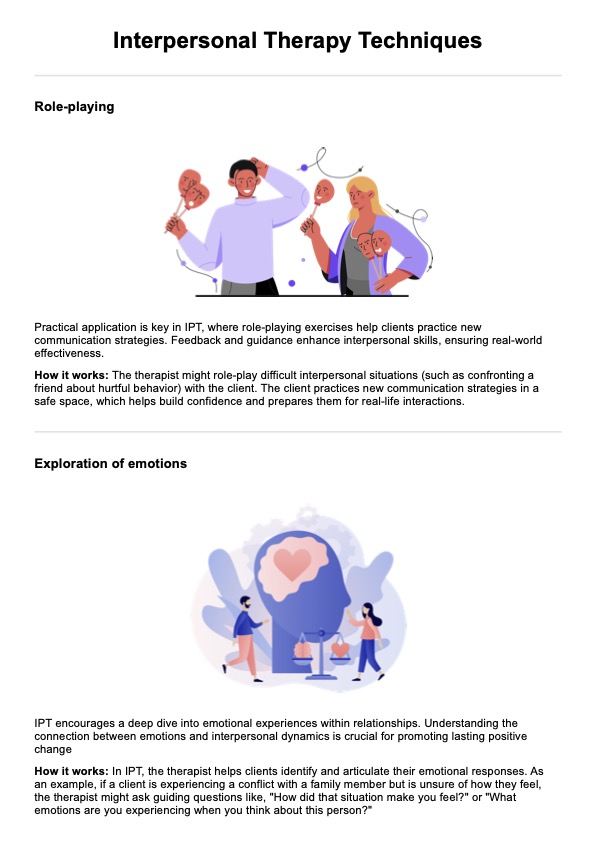
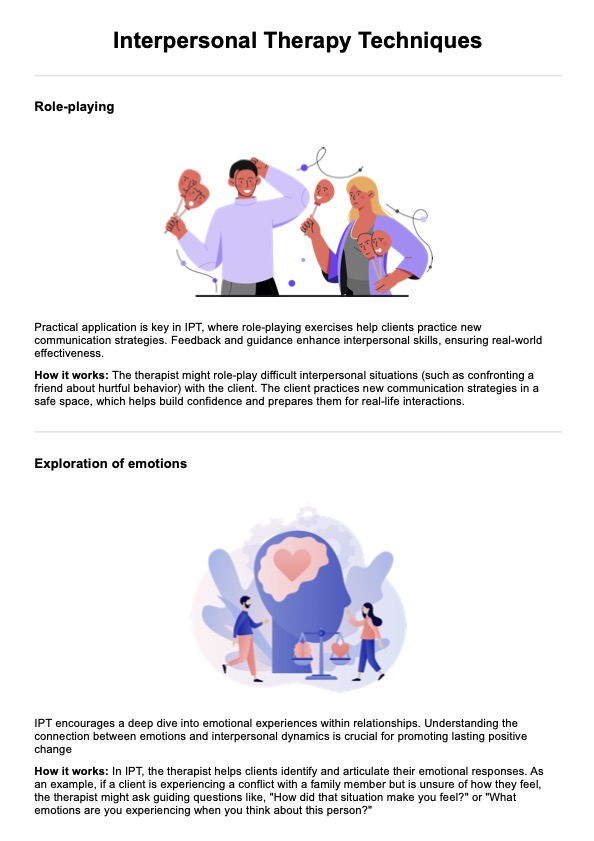


















-template.jpg)



















































































